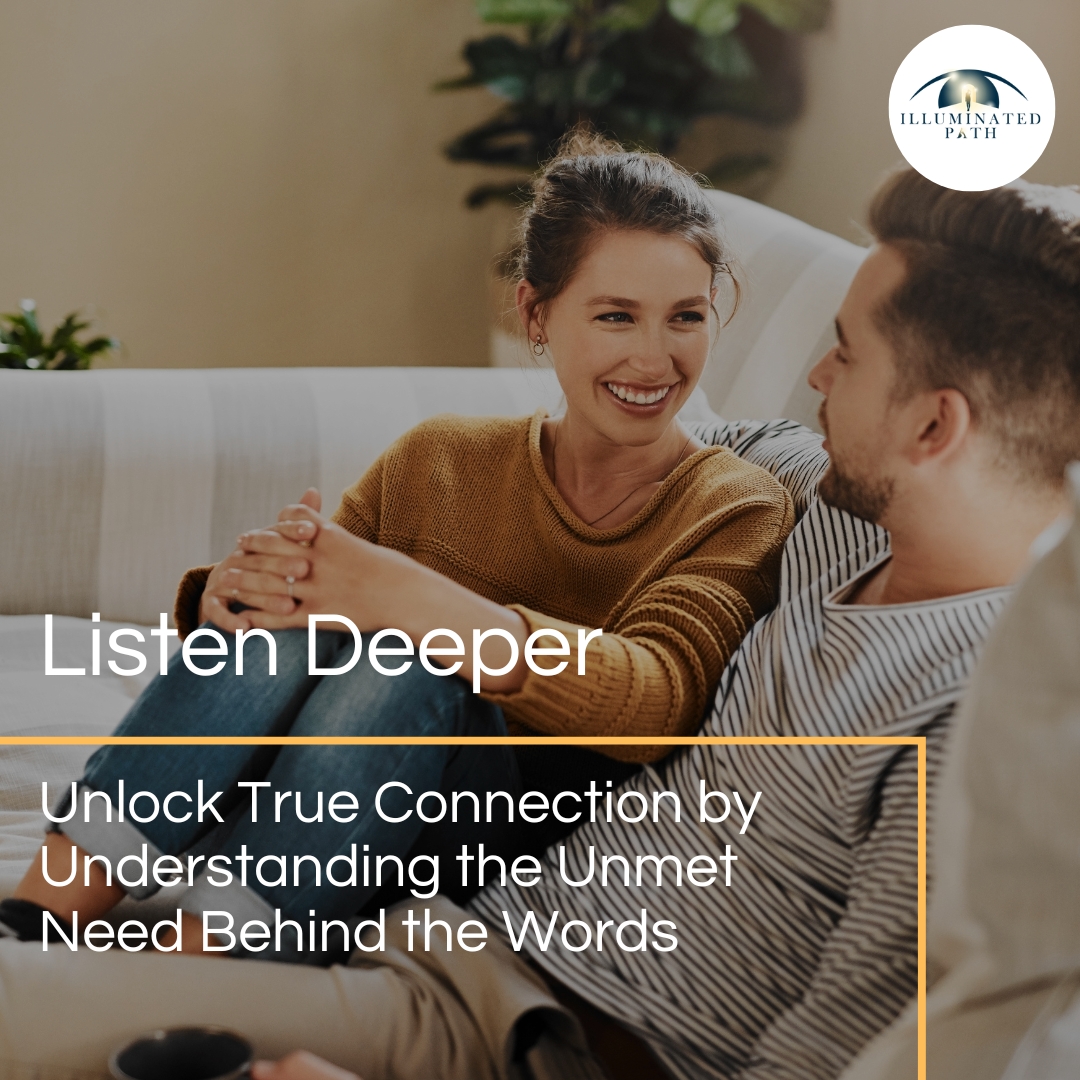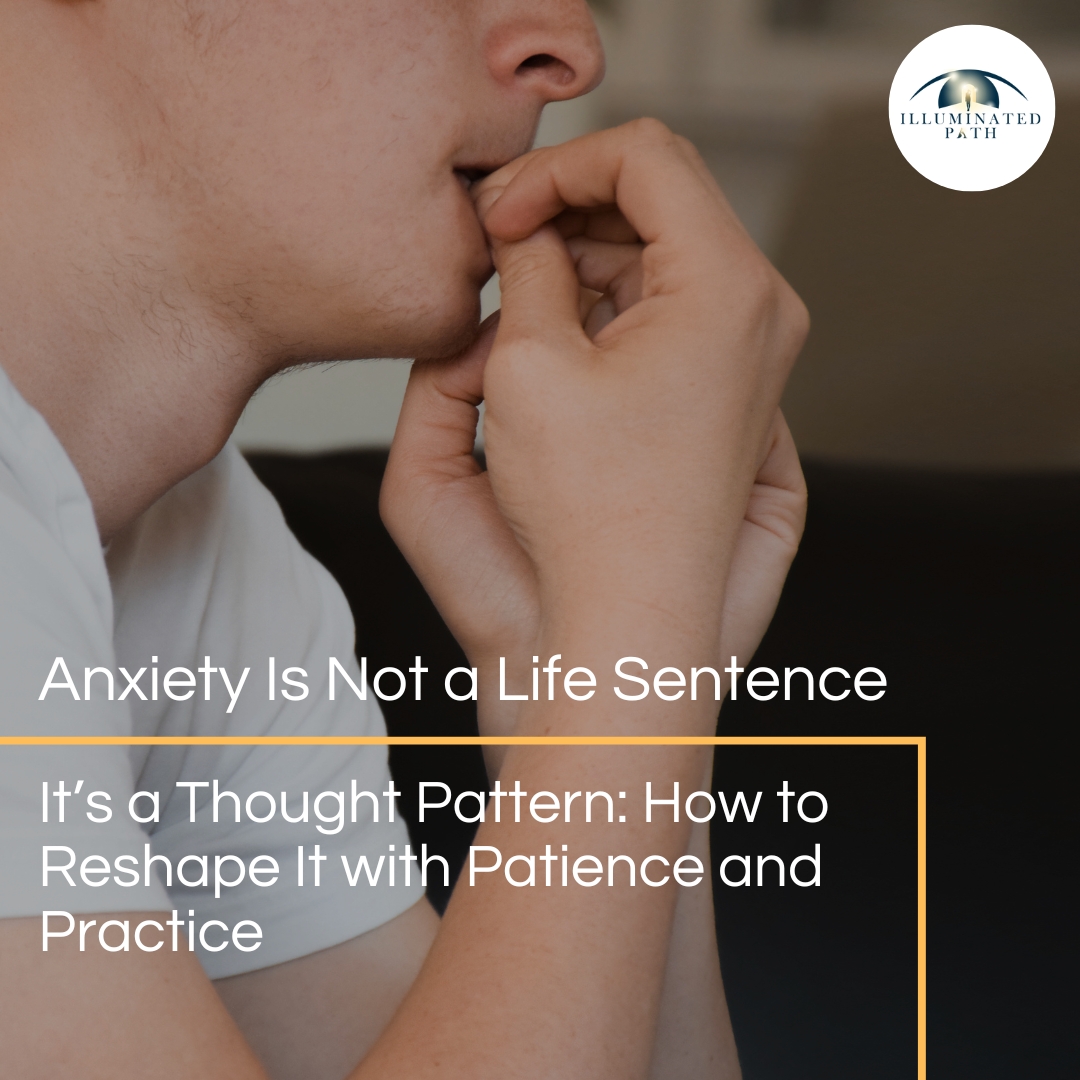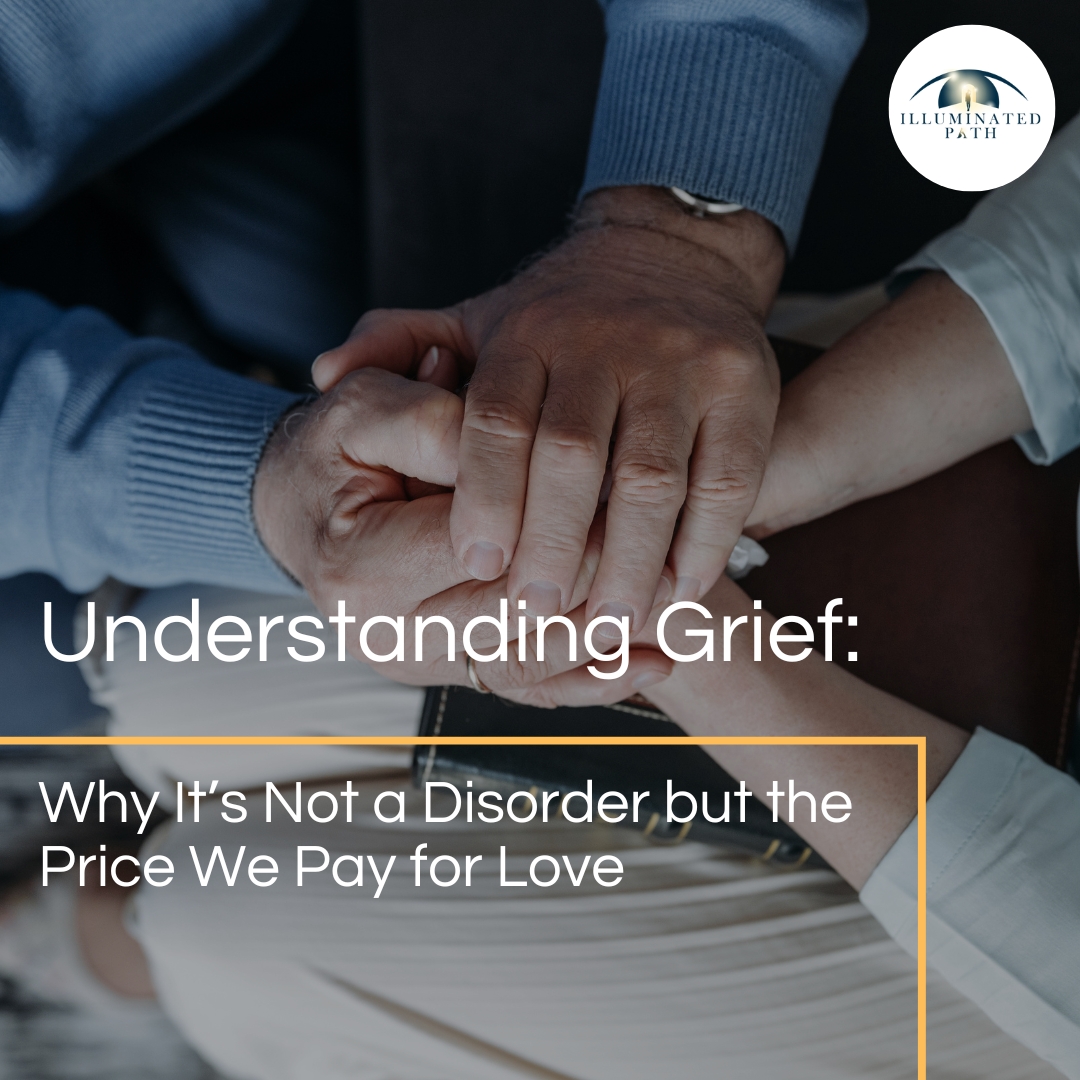
Relationships are at the heart of human experience, offering love, support, and companionship. They provide a sense of belonging, security, and shared joy. Yet, even the strongest bonds can face challenges. The ebb and flow of life, with its inevitable stressors, communication breakdowns, unresolved conflicts, and life transitions, can create distance and strain, leaving couples feeling disconnected and unfulfilled.
But there’s hope. Research consistently demonstrates the effectiveness of couples therapy in helping couples navigate these challenges and build stronger, more fulfilling relationships. It offers a pathway to rekindle the flame, deepen connection, and rediscover the joy of partnership.
Couples Therapy Effectiveness: By the Numbers
The effectiveness of couples therapy is not just anecdotal; it’s backed by compelling data:
- 75% Improvement: Around 75% of couples who participate in couples therapy report an improvement in their relationship. (Source: American Association of Marriage and Family Therapists) This indicates that the majority of couples who invest in therapy experience positive changes in their relationship dynamics and overall satisfaction. They report feeling more connected, understood, and supported by their partners.
- Reduced Divorce Rates: Research indicates that couples therapy can significantly reduce divorce rates, with some studies showing a reduction of up to 50%. (Source: Journal of Marital and Family Therapy) This highlights the potential of therapy to not only improve relationships but also to help couples stay together. By providing tools for effective communication and conflict resolution, therapy can help couples navigate challenges and build a more resilient foundation for their relationship.
- Increased Emotional Well-being: 90% of couples who complete therapy with a highly trained couples therapist report an increase in their emotional well-being and more comfort in their relationship. (Source: American Association of Marriage and Family Therapists) This underscores the positive impact of therapy on individual emotional health within the context of the relationship. Couples learn to regulate their emotions, communicate their needs effectively, and create a more supportive and nurturing environment for each other.
- Greater Intimacy and Connection: A 2013 study in the Journal of Social and Personal Relationships found that couples who reported higher levels of vulnerability and self-disclosure during therapy also experienced greater intimacy and relationship satisfaction. This suggests that therapy can help couples create a safe space for vulnerability, leading to deeper connection and closeness. By sharing their fears, insecurities, and hopes with each other, couples can foster a greater sense of empathy and understanding.
What Makes Couples Therapy So Effective?
Couples therapy offers a unique and valuable space for couples to work through their challenges and build a stronger foundation for their relationship. Here are some key factors that contribute to its effectiveness:
- Structured Environment: Therapy provides a structured and supportive environment where couples can safely explore their concerns and work towards solutions. The therapist acts as a neutral facilitator, guiding the conversation and helping couples develop new ways of interacting.
- Skill-Building: Therapy equips couples with essential skills for a healthy relationship. This includes effective communication techniques, such as active listening, expressing needs clearly, and managing conflict constructively. Couples learn to identify and break free from negative patterns, replacing them with healthier habits of communication and interaction.
- Emotional Awareness: Therapy helps couples develop greater emotional awareness, both within themselves and in their partners. This involves understanding their own emotions, triggers, and attachment styles, as well as recognizing and responding to their partner’s emotional needs.
- Perspective Shifting: A skilled therapist can offer a fresh perspective on the relationship dynamics, helping couples see their patterns and challenges from a new angle. This can be invaluable in breaking free from entrenched perspectives and developing new ways of understanding each other.
- Vulnerability and Intimacy: Therapy creates a safe space for vulnerability, allowing couples to share their fears, insecurities, and hopes with each other. This fosters empathy, deepens connection, and strengthens the emotional bond between partners.
- Focus on Solutions: Therapy is not just about identifying problems; it’s about finding solutions and creating positive change. Therapists help couples develop concrete strategies and action plans to address their challenges and build a more fulfilling relationship.
What Issues Can Couples Therapy Help With?
Couples therapy can be beneficial for a wide range of challenges, including:
- Communication problems: Difficulty expressing needs, active listening, and understanding each other’s perspectives.
- Conflict resolution: Recurring arguments, difficulty finding compromise, and unhealthy conflict patterns.
- Intimacy and connection: Decreased intimacy, lack of emotional connection, and difficulties with physical intimacy.
- Trust and betrayal: Recovering from infidelity, rebuilding trust after a breach, and healing from past hurts.
- Life transitions: Navigating major life changes, such as having children, career shifts, or aging, with greater ease and support.
- Mental health concerns: Managing individual mental health challenges, such as anxiety or depression, and their impact on the relationship.
- Parenting differences: Navigating differences in parenting styles and finding common ground in raising children.
- Extended family issues: Managing relationships with in-laws and extended family members.
- Cultural or religious differences: Bridging cultural or religious differences and finding ways to honor each other’s values and beliefs.
Don’t Wait for a Crisis:
Many couples wait until their relationship is in serious trouble before seeking help. However, therapy can be even more effective as a preventative measure, strengthening your bond and equipping you with the skills to navigate challenges before they escalate.
If you’re experiencing any difficulties in your relationship, consider couples therapy as an investment in your happiness and well-being. The research clearly shows that it can make a real difference in creating a more fulfilling and lasting partnership.
Choosing the Right Therapist:
Finding the right therapist is crucial for a successful therapy experience. Consider these factors when choosing a couples therapist:
- Qualifications and Experience: Look for a licensed therapist with specific training and experience in couples therapy.
- Therapeutic Approach: Explore different therapy modalities, such as Emotionally Focused Therapy (EFT), the Gottman Method, or Imago Relationship Therapy, to find one that resonates with you and your partner.
- Personality and Style: Choose a therapist with whom you both feel comfortable and who creates a safe and supportive environment.
- Logistics: Consider factors such as location, fees, and scheduling availability.
Taking the first step towards couples therapy can be a significant and courageous decision. It’s a testament to your commitment to your relationship and your willingness to invest in its growth and longevity. By embracing the opportunity for growth and healing, you can rekindle the flame, deepen your connection, and create a more fulfilling and loving partnership

The Author
Dr. Shadi Souferian Psy. D.
Licensed Clinical Psychologist
Therapist And Psychologist in Los Angeles And Beverly Hills.






